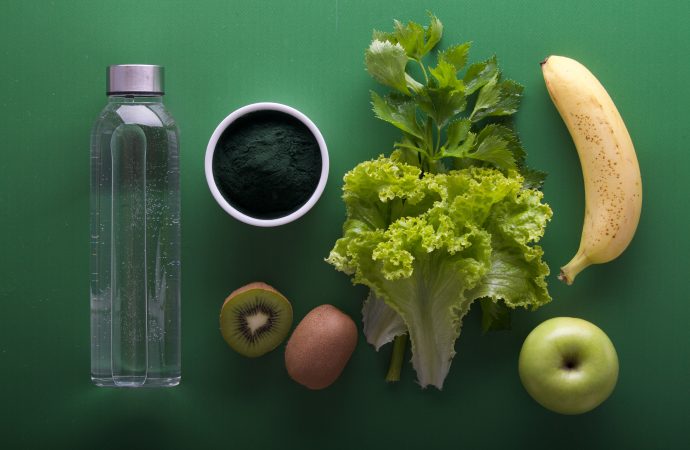Protein is a crucial component of animal nutrition, as it plays a vital role in building and repairing tissues, producing enzymes and hormones, and supporting immune function. Adequate protein intake is essential for maintaining animal health and promoting growth and development. Protein is composed of amino acids, which are the building blocks of all tissues
Protein is a crucial component of animal nutrition, as it plays a vital role in building and repairing tissues, producing enzymes and hormones, and supporting immune function. Adequate protein intake is essential for maintaining animal health and promoting growth and development.
Protein is composed of amino acids, which are the building blocks of all tissues in the body. There are two types of amino acids: essential and non-essential. Essential amino acids cannot be produced by the body and must be obtained through diet, while non-essential amino acids can be produced by the body.
Animal protein sources, such as meat, eggs, and dairy, provide all the essential amino acids that animals need to maintain their health. However, plant-based protein sources, such as soybean meal, corn gluten meal, and cottonseed meal, may be deficient in one or more essential amino acids, making it necessary to supplement the diet with additional protein sources to ensure animals receive all the essential amino acids they need.
Inadequate protein intake can have a negative impact on animal health and performance. For example, protein deficiency can lead to slow growth, poor muscle development, and reduced immune function, making animals more susceptible to disease.
On the other hand, excessive protein intake can also have negative effects on animal health. Overfeeding protein can increase the risk of kidney damage, as the kidneys are responsible for filtering excess protein from the body. Additionally, overfeeding protein can lead to imbalances in other nutrients, such as phosphorus and calcium.
Therefore, it’s essential to ensure that animals receive the right amount of protein in their diet to maintain their health and promote optimal growth and performance. The amount of protein required varies depending on the animal species, age, and activity level. For example, growing animals and lactating animals require more protein than adult animals that are not actively growing or producing milk.
It’s important to work with a nutritionist or veterinarian to develop a feeding program that meets the protein needs of your animals. A nutritionist or veterinarian can help you determine the appropriate protein sources and amounts to ensure that your animals receive all the essential amino acids they need to maintain their health and achieve their performance goals.
In conclusion, protein is a critical component of animal nutrition and plays a vital role in promoting growth, development, and immune function. Adequate protein intake is essential for maintaining animal health, but it’s important to ensure that animals receive the right amount and type of protein in their diet. Working with a nutritionist or veterinarian can help you develop a feeding program that meets the protein needs of your animals and supports their optimal health and performance.

















Leave a Comment
Your email address will not be published. Required fields are marked with *